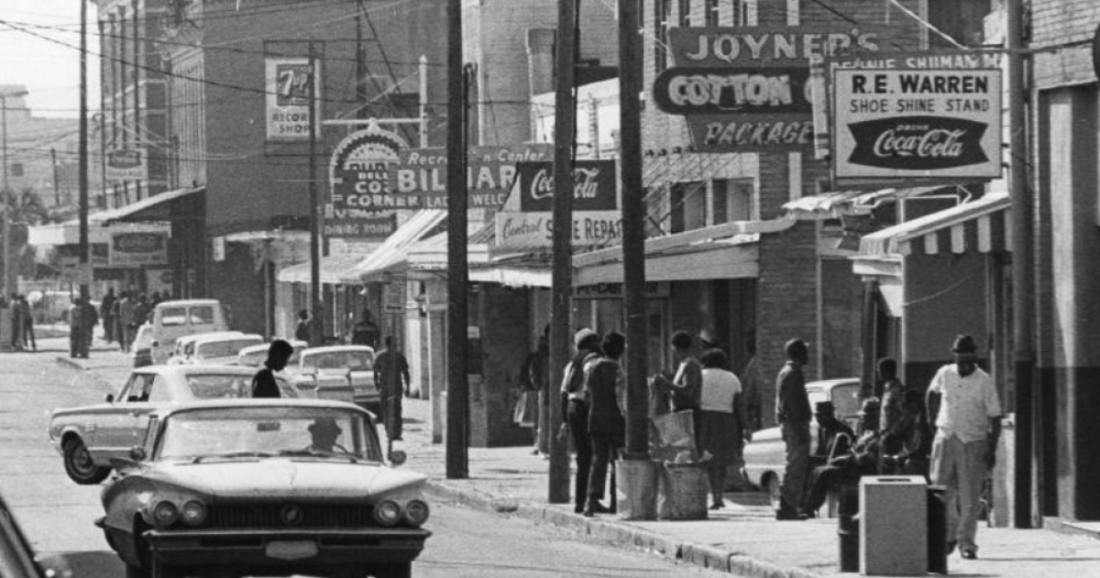Four fearless Black officers filed a complaint with the Equal Employment Opportunity Commission (EEOC) against the Tampa Police Department for discrimination. Officers Frank Gray, Rufus Lewis, James Dukes, and Clarence Nathan played a pivotal role in the advancement of many deserving Black officers. When the EEOC investigation was completed in 1976, the City of Tampa was cited for numerous violations of discriminations. The findings were recognized by Mayor Bill Poe, who signed an agreement to rectify the problems.
Because the Fearless Four took a stand for the rights of others, the City implemented fairer practices and policies to ensure all minority officers and employees citywide would have have access to equal opportunities as their White counterparts. As the department implemented these new standards, Black officers began to slowly see progress in hiring, training, promotions, specialty agreements, and leadership.
Today, the contributions of the Fearless Four could be seen throughout City government. Employees from a variety of backgrounds have experienced many benefits from working in an environment that values different perspectives within the organization and community.

